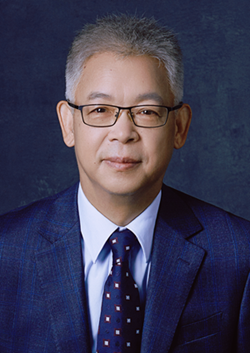

In 1994, six young economists established the China Center for Economic Research (CCER) at Peking University. In 2008, the center evolved into what is now known as the National School of Development (NSD). In 2015, NSD was selected as one of the first national high-level think tank pilot units, and in 2016, the Institute of South-South Cooperation and Development was established at Peking University.
Over the past thirty years, NSD has excelled across teaching, academic research, and policy analysis. Many of our students have risen to become influential leaders in government, business, and academia. Our faculty has led the way in sharing China’s story with the global academic community, while pioneering new theoretical paradigms. And our scholars have been deeply engaged in field research, gaining profound insights into real-world economic challenges and driving forward discussions on public policy.
What makes NSD truly exceptional, and what we treasure most, is its rich cultural heritage: "Sentiment of Patriotism, Sense of Confidence, Harmony in Diversity, Unity in Differences". NSD accommodates a remarkable concentration of renowned scholars who, despite their varied academic perspectives, come together to engage in rigorous debate, research, and collaboration. This environment fosters the ideal conditions for the pursuit of truth and the cultivation of independent thought in our students.
As we approach the 30th anniversary of NSD in 2024, we will celebrate with a series of events, to express our heartfelt gratitude for the enduring support of the wider community and to reflect on our achievements and lessons learned. Most importantly, these celebrations will serve as a stepping stone, as we chart a course for the next thirty years with renewed vision and purpose.
At the founding of CCER, Professor Justin Lin said, “We are making history.” As we look to the future, we remain committed to continuing making history.

Huang Yiping
Dean
National School of Development
Peking University